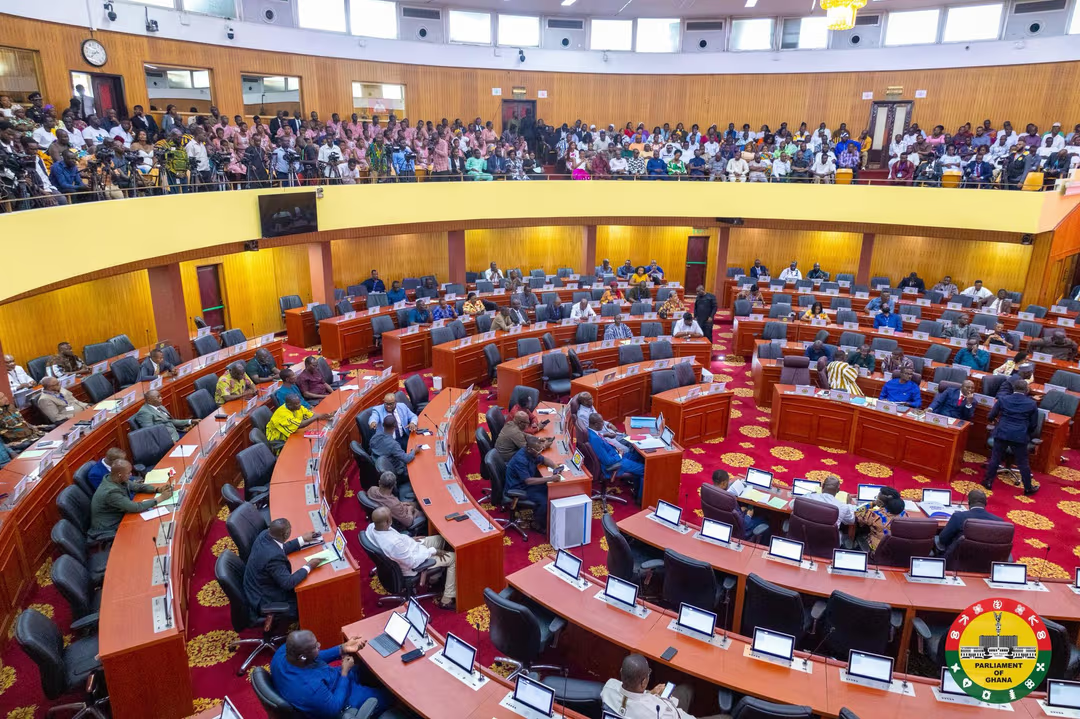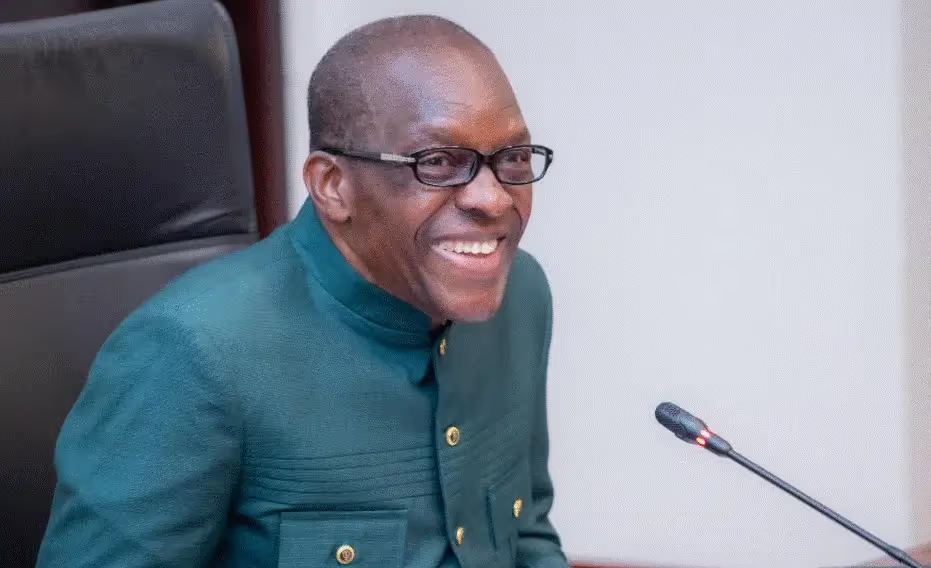A former Minister of Information, Kojo Oppong Nkrumah, has expressed concern over a draft cybersecurity bill introduced by the government, which he fears could criminalize speech.
According to the Ofoase/Ayirebi Member of Parliament, the proposed legislation seeks to make it an offense to post or share comments in online chat groups that may be considered offensive or inciteful, potentially landing people in jail.
His comments follow President John Dramani Mahama’s recent announcement of a plan to trace the IP addresses of individuals spreading hate speech or inciting violence, with the aim of holding them accountable.
Mr. Oppong Nkrumah described the draft cybersecurity bill as a dangerous encroachment on free expression.
“Instead of rather seeking to further criminalize speech, even the remnants laws on criminalization of speech like the law on publication of false news should be repealed,” he told journalists on Sunday, October 26, 2025, in Accra. “Over the last set of decades, various countries have been moving away from criminalizing speech.”
He is hopeful the government will reconsider the proposed legislation and possibly withdraw it when the consultations start.
What we’re seeing appears to be a draft, and they want to consult on that draft. From what I have seen, this draft is dangerous, though not surprising, because the President first announced that they are going to use the national security apparatus to go after people who make comments on social media that they consider, for whatever reason, whether it is under hate speech or whatever they consider unfavorable, they are going to search for your IP address and get the security apparatus to go after you. The President said it,” he recalled.
“It’s not surprising that his Minister is following up with a draft bill with such wild provisions in there,” he added.
Mr. Oppong Nkrumah further warned that the government needs to “tread cautiously,” noting that there are already other remedies for speech that may be deemed unfavorable.
The new Cybersecurity Bill seeks to update the 2020 Cybersecurity Act, addressing emerging threats like artificial intelligence-driven scams, blockchain vulnerabilities, and harassment campaigns targeting vulnerable groups, including women and the elderly.
While it is considered a vital step to shield critical infrastructure—from banks to power grids—against attacks, the language in the draft has been heavily criticized. Specifically, it grants investigative powers to the Cyber Security Authority (CSA) to act as de facto police. Officers could seek ex parte court orders without notifying targets to access data, seize devices, or freeze assets for up to 180 days, provisions critics view as surveillance overreach.







